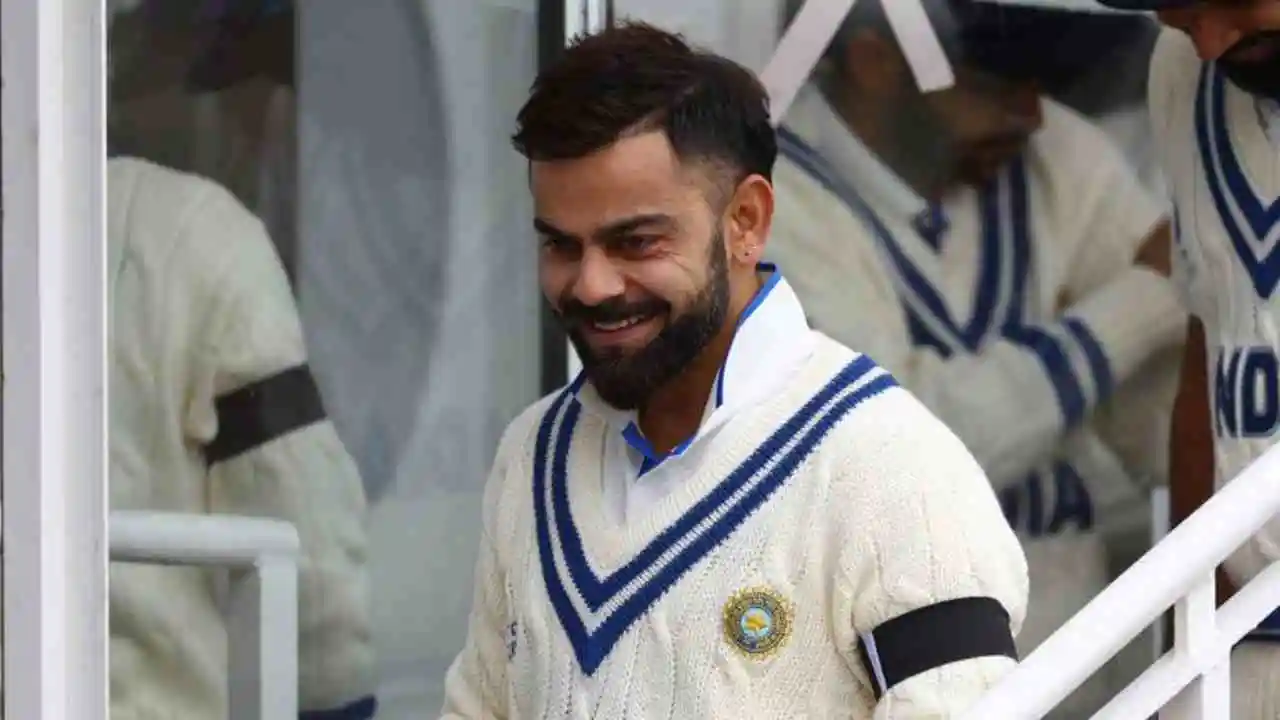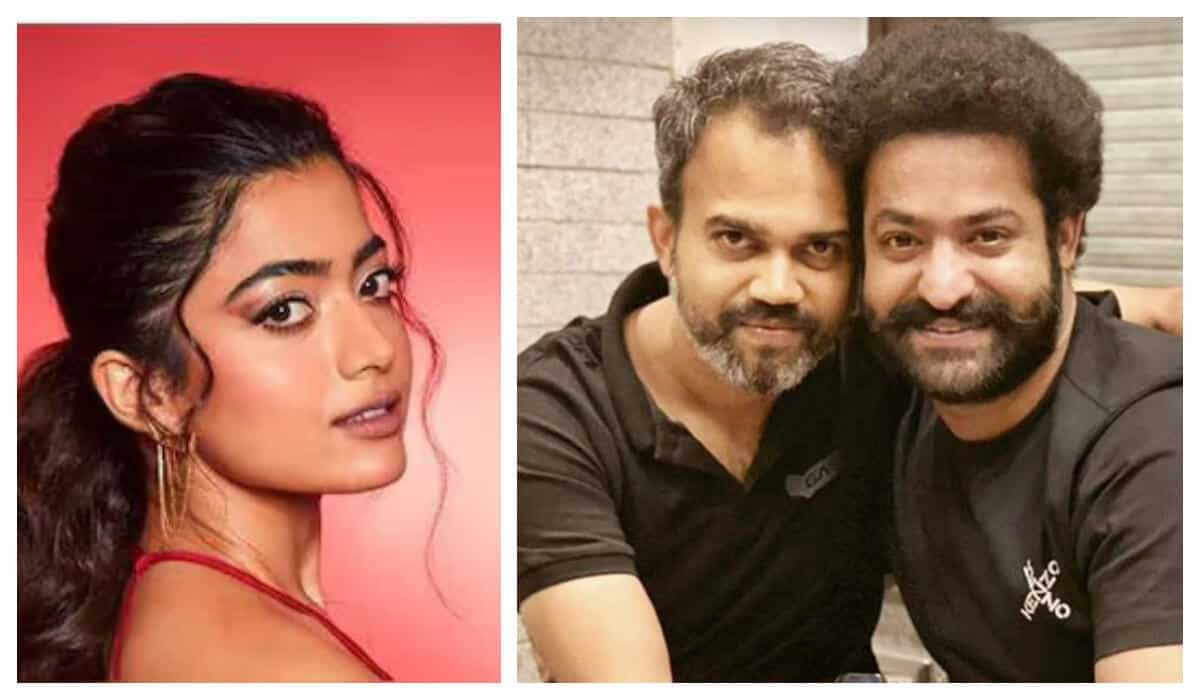
Gukesh's humility evokes comparisons to Rahul Dravid, with Paddy Upton calling this historic victory the pinnacle of his career.
5 months ago | 5 Views
Gukesh Dommaraju, the 18-year-old prodigy, shocked everyone by becoming the youngest world champion ever after defeating China's Ding Liren in the World Chess Championship. Over the course of 14 games, Gukesh displayed incredible mental toughness and determination, managing to stay focused and come out on top in some really tough moments. What many might not know is that while Gukesh was brimming with confidence, he also had support from someone special as he prepared for the big showdown with Ding Liren.
Paddy Upton is a well-known figure in the sports world. He was the mental coach for the Indian men's cricket team during their 2011 World Cup victory and also helped the Indian men's hockey team snag a bronze at the 2024 Paris Olympics.
In a detailed interview with Hindustan Times Digital, Upton shared insights about his work with Gukesh leading up to the World Chess Championship match against Liren, emphasizing the young star's impressive mental fortitude. During their chat, Paddy compared Gukesh to Rahul Dravid, noting that the way the young player carried himself after the final match was a true "masterclass in humility."
Excerpts:
How thrilled were you by Gukesh's incredible result? Despite a rough start, how much do you admire his determination?
I'm absolutely thrilled for him! Being here to witness that moment is definitely one of the best parts of my sports journey. But what stands out even more is how this young competitor has handled himself throughout those tough 14 days in an 18-day tournament. Ding played some mind-blowing chess, really pushing Gukesh to his limits. Coming back from an initial loss, taking the lead, and then losing it again was quite the rollercoaster. Yet, his ability to stay so composed, aside from that first game, for hours on end was truly impressive and worthy of a World Championship title.
How did Gukesh get ready for the World Championship? Can you share some thoughts on how he thinks while preparing?
He was the ultimate pro. His preparation was what I’d call top-notch, meaning he considered every little thing that could affect his performance. He focused intensely on details like his diet, workout routine, sleep, teamwork, strategy, and tactics for everything from the opening play to the endgame. He even thought about his mental game and how he spent his downtime between matches. Recovery was a big deal for him too; he made sure he got enough rest without overdoing it and hurting his performance.
He meticulously went through every part of his prep, ensuring that by the end of the tournament, we wouldn’t look back and think, “Man, we should have nailed that better.” That’s what top-notch preparation is all about—envisioning the end and making sure you haven’t missed anything. It might seem straightforward, but plenty of athletes and teams skip steps or misjudge priorities, leading to regrets later on. The key was to be so professional that there were no regrets, win or lose.
In the earlier matches, we've noticed Gukesh really getting into his groove, often meditating with his eyes closed. Do you think this skill to tune out everything around him is what makes him stand out?
One of the key skills a chess player needs is the ability to stay focused. Just like any athlete, being able to concentrate and be fully present is crucial. In a game that can last 6-7 hours and is mostly mental, keeping that level of focus is super important. Not many people can maintain such intense concentration for that long. In some sports, we refer to this as the ability to switch on and off.
There are moments when you’ve figured out your next move and considered all your options. After all that thinking, it’s essential to give your mind a little break. Closing your eyes helps eliminate visual distractions, almost like a mini recharge for your brain, giving you a chance to top up your mental batteries.
So, looking back a bit, how did you first connect with Gukesh? How long have you been working with him?
I began collaborating with him back in May, thanks to his sponsor, Sandeep Singhal from WestBridge Capital. Sandeep got in touch to see if I’d be open to working with Gukesh. At first, I was a bit hesitant about teaming up with a chess player, especially a 17-year-old, but it didn’t take long for me to see that I was dealing with someone truly exceptional. And yes, I finally met him face-to-face for the first time and gave him a hug as the world champion after last night’s match.
You've previously teamed up with the cricket squad that won the World Cup in 2011, the hockey team that snagged a bronze at the Olympics this year, and now you're working with Gukesh. Do you feel like you have a unique bond with India? Also, how does mental conditioning in chess compare to that in cricket and hockey?
I've been working in India since 2008, starting with the cricket team and going all the way to the 2011 World Cup. Over the years, I've also focused on the business side, giving talks and workshops that connect sports lessons to business strategies. I've been part of about nine or ten IPLs, so my relationship with India has really flourished. We had the World Cup win, then the hockey bronze, and now Gukesh's victory is just the icing on the cake. But honestly, that cake has been in the making for years.
From my experience, chess isn't all that different from cricket or hockey. The real difference lies in the personalities involved rather than the sports themselves. I've worked with various opening batsmen, each requiring a different approach because of their unique personalities. Just look at Virender Sehwag and Gautam Gambhir—they're worlds apart. The same goes for Rohit Sharma and Virat Kohli.
Gukesh stands out as a one-of-a-kind talent. The main distinction with chess is that, unlike other sports where physical skills take the lead and mental skills play a supporting role, chess is all about the mind. So, when I work with Gukesh, I'm focusing directly on his main tool for performance. That’s the key difference. However, the topics we discuss aren’t all that different from what I’ve covered in other sports. A funny thing is, I know next to nothing about chess. Back when I worked in hockey, I had zero experience with it—I’ve never even touched a hockey stick! But my lack of chess knowledge didn’t hinder my work with Gukesh at all because I wasn’t discussing chess strategies with him. He had a fantastic team for that. We were diving into everything else.
Could you give us a peek into what a typical session with Gukesh is like? Are there any particular areas you focus on?
His job was to come into the conversation with questions. Usually, he’d show up with two questions, and we’d spend about an hour and a half diving deep into the details. I’d help him figure out the best answers to those questions. The discussions were always shaped by what he wanted to know.
That’s one of the reasons he was such a pleasure to work with—he brought fantastic questions that steered our talks toward the important stuff we needed to cover for the Chess World Championship.
Do you believe that chess is a sport that demands the most mental toughness since players have to constantly think ahead of their rivals?
Having a solid strategy makes a big difference. If your strategy isn’t up to par, you’re likely to lose every chess game you play. But to really back that strategy, you need to keep your mind sharp and focused. Just look at what happened yesterday. Everyone, including the computer, thought the game would end in a draw. But then Ding lost his concentration for just a second and overlooked something crucial. It’s similar to cricket, right? One moment of distraction can lead to getting bowled out or caught. So, keeping your mind in the game is key. Especially during those critical moments, can you maintain your focus and stay in the zone? Last night was a perfect example of that.
You have worked with several high-profile names such as Virat Kohli, Rohit Sharma, and MS Dhoni. Does Gukesh remind you of any of these stars?
There are definitely some common traits with other athletes, but what sets him apart is his achievements and self-awareness at just 18 years old. He’s in a league of his own. The level of success he’s reached at such a young age, combined with his maturity, is impressive. What really catches my attention is his ability to reflect on himself, which is way beyond what you’d expect from someone his age. Plus, in the grand scheme of life, it’s one thing to excel in sports or games, but that kind of success doesn’t last forever.
What truly makes an athlete great is being a genuinely good person with strong values, morals, ethics, character, and humility. That’s what elevates them to true greatness in my eyes. Take Rahul Dravid, for example; he’s a fantastic role model with incredible character and humility.
Gukesh is one of those extraordinary individuals. He’s not just an amazing chess player. Just look at his recent press interview. Here’s an 18-year-old, overflowing with emotions after winning the world title, sitting through a 45-minute interview that was a masterclass in humility. When asked about his feelings, he spent a good chunk of time praising his opponent. It felt genuine and unscripted, showing real respect and humility. When he was asked about the key moments that led to his success, he instinctively talked about his team, family, and faith.
Even when he was asked to talk about himself, he always ended up highlighting the people who helped him along the way. That wasn’t rehearsed; it was all spontaneous. That was the genuine Gukesh showing through. When you see that in an athlete, you know you’ve found someone truly exceptional. He’s not just a chess role model; he’s an inspiration for every young Indian and athlete out there. That’s what makes Gukesh so special to me.
What’s next? Are you planning to keep working with Gukesh? Have you two discussed it at all?
Not yet, we haven’t had that conversation. It’s all still pretty new. But we’ll definitely talk about it. I’ll catch up with him later today.
Read Also: Marnus Labuschagne Takes a Stand Against David Warner's Doubts
HOW DID YOU LIKE THIS ARTICLE? CHOOSE YOUR EMOTICON!
#




















